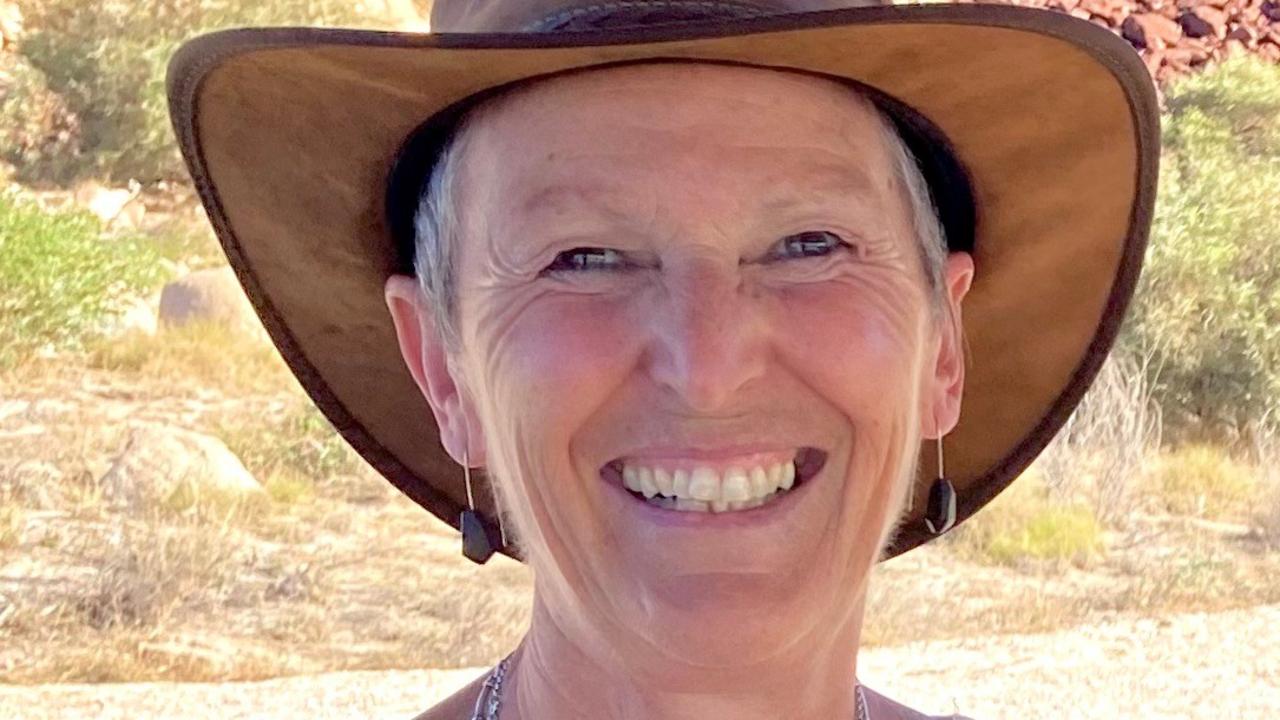Star Scientific, Central Coast Industry Connect to develop ‘hydrogen food cluster’
The Central Coast is poised to become the hydrogen capital of food production thanks to a new agreement, meaning local manufactures would use clean power. Here’s how.
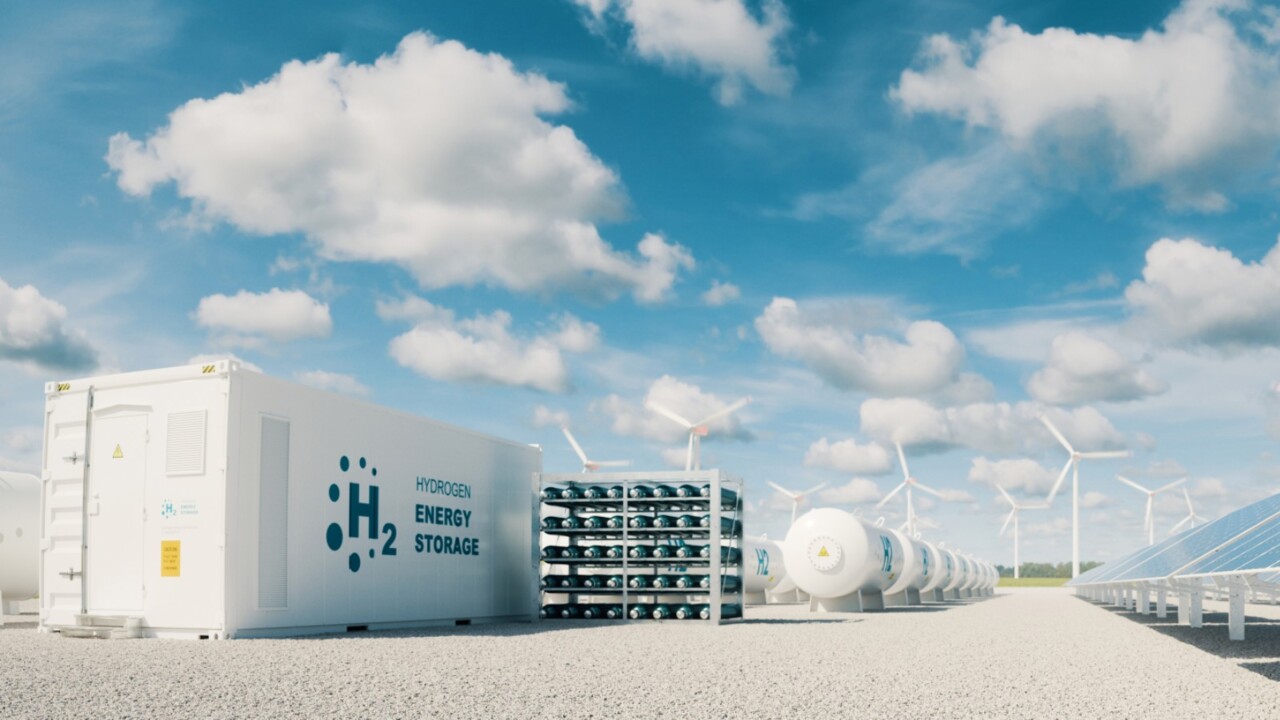
Food manufacturers will use environmentally friendly hydrogen power to fire their ovens and other energy needs under a new industry-led agreement between hydrogen technology developer Star Scientific and Central Coast Industry Connect (CCIC).
The Berkeley Vale-based hydrogen company has signed a memorandum of understanding (MoU) with the coast’s peak industry body representing local manufacturers that will pioneer the use of Star Scientific’s award-winning HERO (hydrogen energy release optimiser) technology to provide a carbon-free heat source for food manufacturing.
The venture will be known as the Central Coast Hydrogen Food Cluster and will involve Star Scientific working with food companies to provide carbon-free heat.
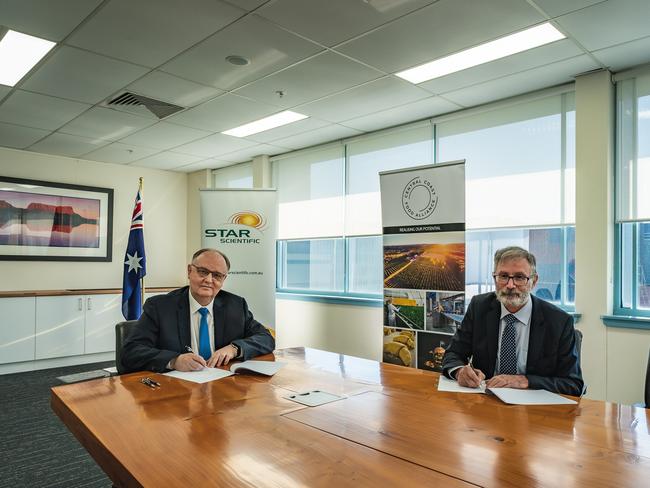
In turn CCIC will run the cluster and provide governance and a platform for collaboration.
Star Scientific global chairman Andrew Horvath, said he was particularly excited that the first commercial application of HERO in the world would be in Star Scientific’s home on the Central Coast.
“Food manufacturers all over the world are looking for solutions to remove carbon from industrial processes such as heating, drying and cleaning. The Central Coast region is home to some of Australia’s biggest household brands and global food manufacturers, many of whom are realising the potential of hydrogen and our HERO technology to meet their heating needs.
“We have already commenced work under this MoU providing heat for industrial-scale cleaning purposes in the food hub. This exciting work will demonstrate how our HERO can pave the way for Australian food manufacturers to reduce emissions.”
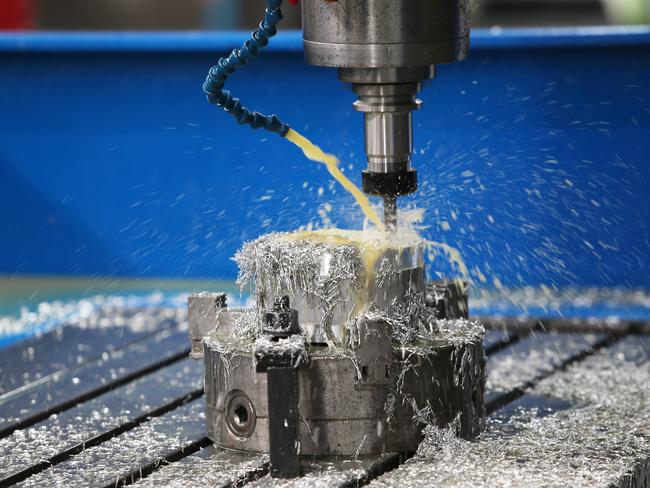
Mr Horvath said the state government’s gazetting of the Central Coast as a Renewable Energy Zone and the recent release of a visionary hydrogen strategy for NSW was “the icing on the cake.”
Mr Horvath said the cluster would be designed to be as inclusive as possible and hoped to engage and share knowledge with similar ventures emerging across Australia and overseas.
“Knowledge and skills sharing with similar clusters emerging around Australia and New Zealand is of paramount importance to increase efficiency around these processes,” he said.
“In particular, we want this cluster to be a ‘incubator’ of regulatory issues for the hydrogen supply chain, and more specifically, ‘green’ hydrogen made from renewable energy.
“Regulators are coming to grips with the use of green hydrogen and we hope the cluster will enable us to identify those issues early in the process and deal with them.”
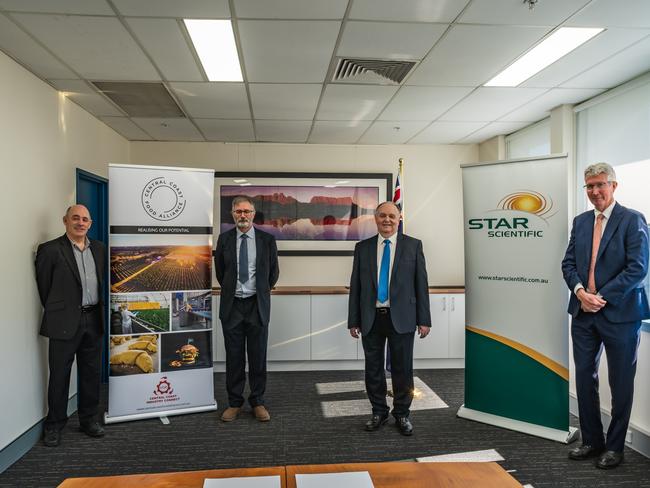
CCIC executive director said taking steps to decarbonise was important for the manufacturing sector as a whole, including food and beverage manufacturing.
“Manufacturers have turned to renewable electricity sources to reduce their carbon footprint but alternatives to gas for heating and cooking continues to be a challenge across a number of uses,” he said.
“The MoU with Star Scientific provides the opportunity for developing that alternative carbon free heat source.”





